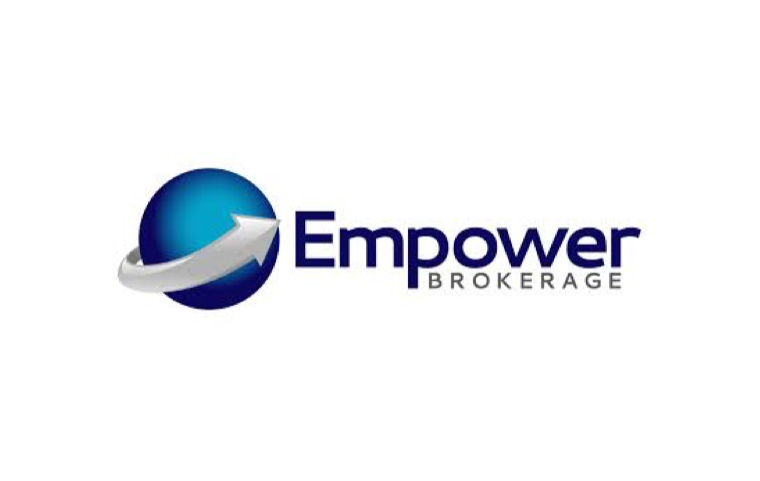(This article was originally published by HealthcareDive.)
As 10,000 Americans age into Medicare every day, hospitals are faced with the challenge of how to retain their patients who are turning 65 and not lose this important market share they have likely taken years to build. These new seniors are being bombarded from several directions with complicated insurance options. Overlay a vast number of insurance agents with varied degrees of Medicare experience and motivations, and those patients get mixed messaging that may not serve the interests of the hospital.
“Hospitals can play an important role in this process by establishing a communication strategy that positions their institution as the place patients approaching Medicare eligibility should turn for trusted information,” says Paul Gauthier, founder and CEO for MedicareCompareUSA. “Absent of such a strategy, patients will either go wherever their commercial plan directs them or to whatever plan has the most compelling marketing materials. In either of those cases, patients could unknowingly end up with a Medicare plan that their hospital of choice doesn’t accept—and if that happens both the patient and the hospital ultimately suffer.
Gauthier believes that there are five things hospitals can do to make sure that doesn’t happen.
- Consider setting up a toll-free helpline that your patients can call to geta clear understanding of their Medicare options, learn where and how to enroll in Medicare, and compare Medicare plans accepted by you and your affiliated physicians. Once established, promote this service on your website, in your community newsletters (hard copy and electronic), in-house flyers and digital boards, at community health fairs, and through direct mail to targeted populations.
- Work with a cadre of local qualified Medicare agents who meet your professional and ethical standards and who contract with Medicare plans you accept and will report outcomes on referrals. Look for opportunities to joint market with agents who can answer Medicare questions and compare plan designs so patients can make informed decisions that fit their budget and allow them to keep their healthcare providers.
- Host seminars where your patients, and others in the community turning 65, can learn about their Medicare benefits (Parts A, B, C and D), discern the different types of Medicare insurance available to them (Medigap, Advantage, prescription) and explore Medicare plans that best meet their specific needs, preferences and budget. Have representatives available at these seminars who can sign-up seniors right on the spot!
- Be prepared to assist your Medicare patients if and when disruption occurs or is imminent—such as the termination of a contract between your hospital and a health plan. At such times you will need to explain what is occurring (and why), what their options are and what they need to do in order to retain you as their hospital of choice. The communication should remind them that most hospitals and physicians don’t accept all insurance options or health plans; and if they enroll with a health plan not accepted, their care may be in jeopardy.
- Keep in touch with your Medicare patients throughout the year. While the most obvious need for patient outreach may be during open enrollment, patient loyalty is built over time. Consistent and trusted communication tells the patient that you care about their health and are looking out for them. That’s what seniors want to know when it comes time to make their health plan selection.
“Doing all of this may sound daunting but the good news is that outside resources now exist that can assist a hospital in all of these efforts,” says Gauthier. He says that many insightful hospitals are discovering that smartly leveraging the road-tested experience of the right partner is the most effective way for them to truly“own” the relationship with Medicare patients as never before. “And the timing couldn’t be better as the need for a strategic Medicare retention strategy has never been greater.”



